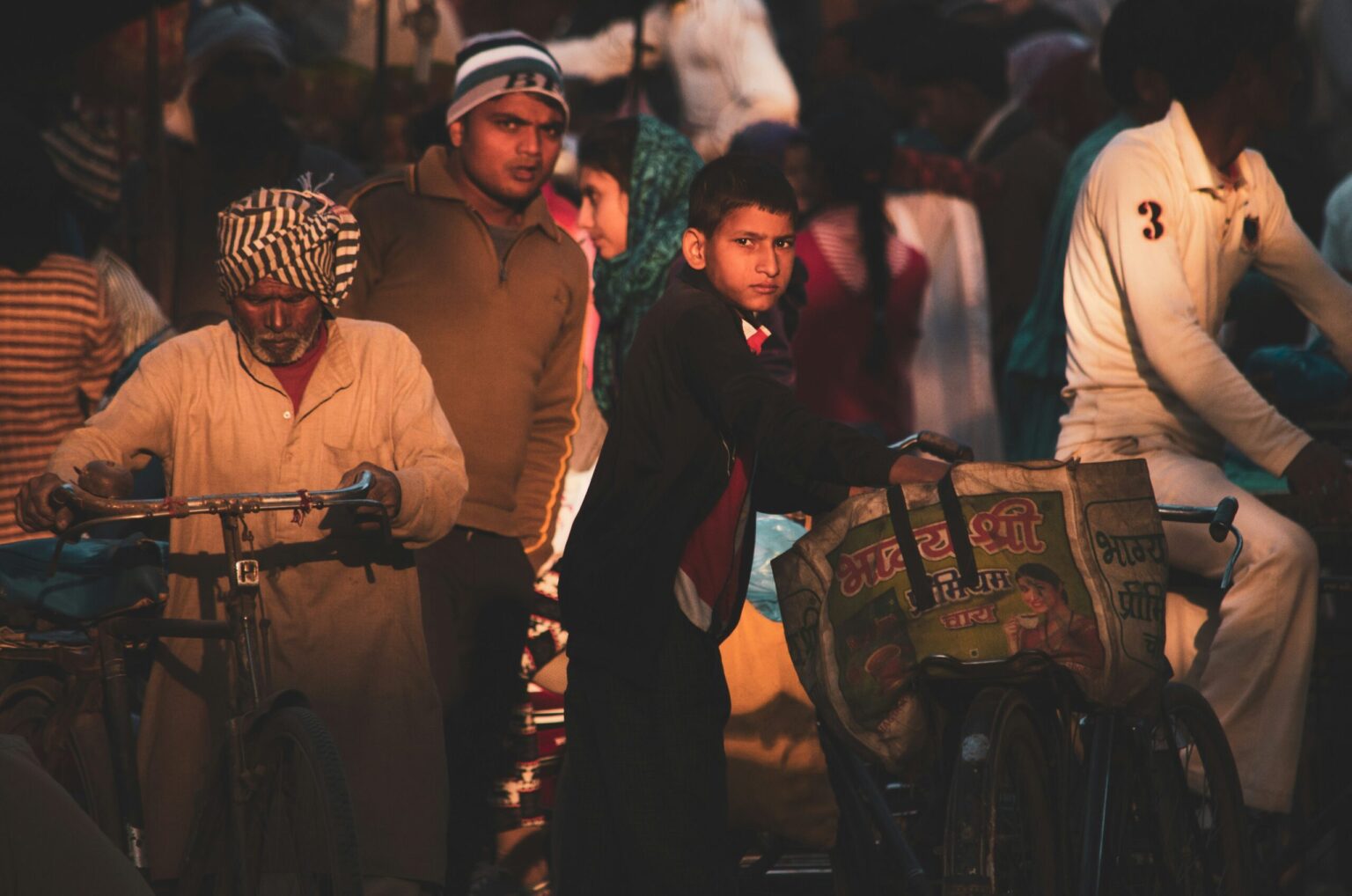On April 19, 2023, a tragic stampede occurred during a Ramadan charity event in Sanaa, Yemen, claiming the lives of at least 90 individuals and leaving over 320 others injured. The chaotic scene unfolded as thousands of people gathered in hopes of receiving aid during the holy month of Ramadan. The crowd, already desperate due to the dire humanitarian situation in Yemen, surged uncontrollably, resulting in a deadly crush that led to significant casualties.
The stampede starkly highlighted the severe conditions in Yemen, where years of ongoing conflict, political instability, and economic hardship have left much of the population vulnerable. With many families struggling to survive, events like this charity distribution are often seen as crucial lifelines, making the tragic turn of events all the more devastating. Witnesses reported a complete loss of control as the crowd, eager to receive essential aid, pushed forward, causing people to fall and become trapped in the ensuing chaos.
In response to the incident, both the Yemeni government and various international organizations expressed deep sorrow and extended their condolences to the victims’ families. Relief efforts were quickly launched to provide medical assistance to the injured and to offer support to those affected by the tragedy. However, the scale of the disaster revealed the broader challenges in managing such large gatherings, especially in a country plagued by conflict and lacking robust infrastructure.
The stampede also brought attention to the importance of improved crowd management and disaster preparedness, particularly in crisis situations where large groups of vulnerable individuals are seeking aid. As the world continues to focus on the humanitarian crisis in Yemen, this incident serves as a painful reminder of the urgent need for better logistical planning and more effective distribution of aid to prevent similar tragedies in the future.
The heartbreaking loss of life in this stampede underlines the ongoing vulnerability of the Yemeni people, who continue to endure the effects of war, poverty, and a lack of access to basic services. As humanitarian efforts continue, it is clear that both short-term relief and long-term
